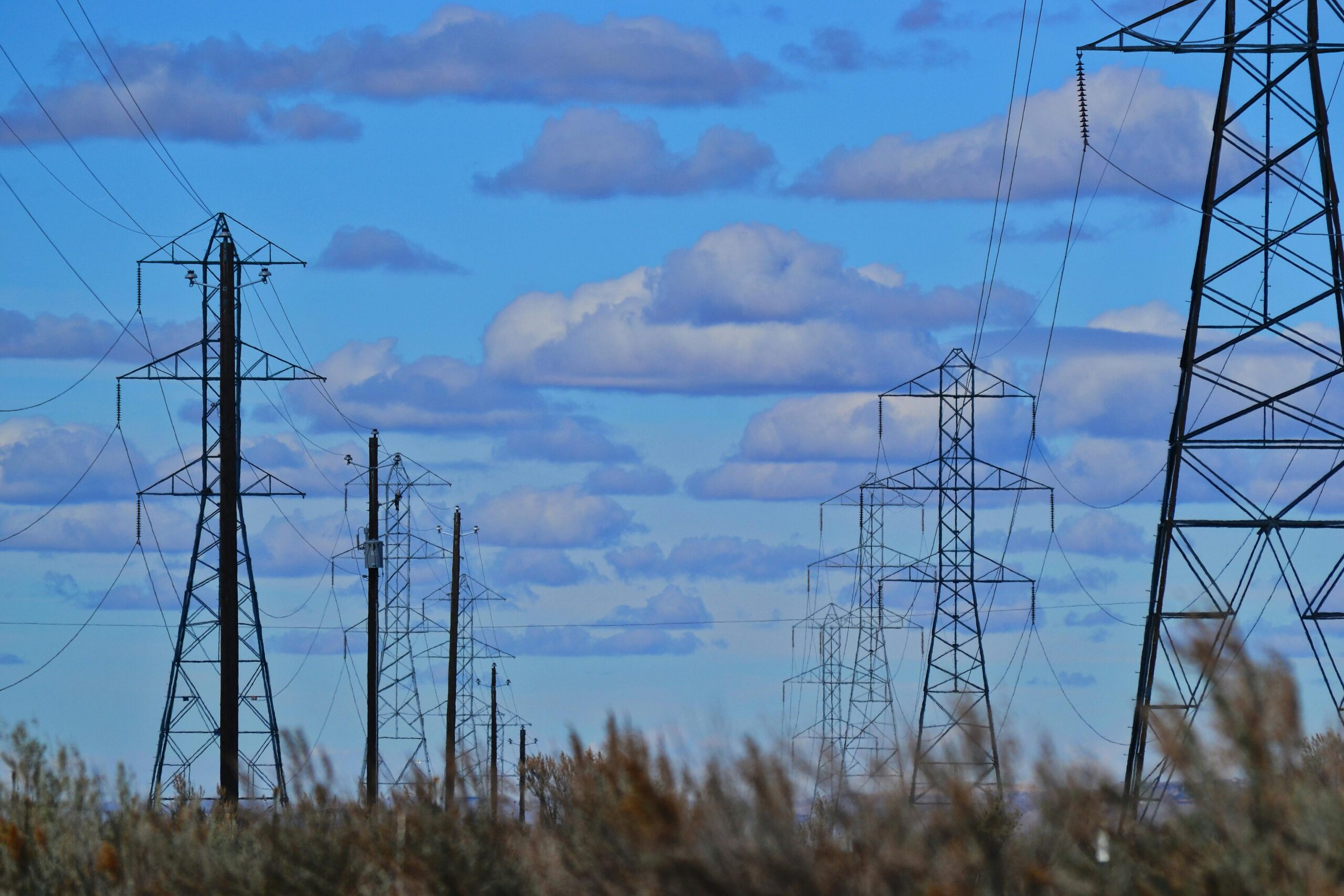Over the past five years, the number of data centers has doubled in the U.S. The U.S. currently accounts for roughly 54 percent of total global data center capacity. The number of data centers will only grow in the U.S. over time as we see more computing turning to artificial intelligence-based systems. These data centers can bring economic benefits to the local economy but can also create additional problems in the areas where they are built. If states make a push for data centers to develop in an area, this can increase power needs within that area, which will lead to increased infrastructure needs (such as transmission lines) to support the power needs of these data centers. New transmission lines may target your property. With that in mind, let’s talk about what eminent domain is, why power companies have the right to utilize it, and what landowners should consider when presented with a notice.
The power of eminent domain comes from the U.S. and state constitutions, which allow governments or companies that have been granted eminent domain power by the government to take private property for public use, with just compensation. The law requires owners to be paid fair market value. State legislatures often provide the power of eminent domain for easements to certain entities that provide a public service. These private entities are frequently electric, gas, and cable companies. When the use of eminent domain results in an easement being taken for a transmission line, the analysis of just compensation will depend on the impact on the property from the taking. This is often not an easy analysis and will require experts to determine the impacts on the dominant estate.
This entire process is driven by state law; it’s hard to do a basic overview for that reason. What should landowners do when presented with notices that their land might be in a proposed transmission line path? First, do not delay responding to the request, and look for competent legal representation with experience in eminent domain actions. You can also talk to neighbors or other trusted advisors to get ideas on reasonable attorneys in your area. An eminent domain attorney will understand how to assist you in intervening in any state processes to determine the route, understand the experts needed to help determine fair market value when looking at the value of the easement, and assist in drafting terms to protect the land in the easement document.
No one wants to get the notice in the mail that their property might be taken for a transmission line easement. As we continue to see states make pushes for the development of data centers, we may see a rise in the need for increased transmission lines. Not sitting on the notice and talking to attorneys early can help you better protect your rights. At the same time, it will reduce your stress and, hopefully, let you keep doing what you enjoy doing on your property.
Goeringer, Paul. “High Voltage, Higher Stakes: When Data Demands Your Dirt.” Southern Ag Today 5(33.5). August 15, 2025. Permalink

